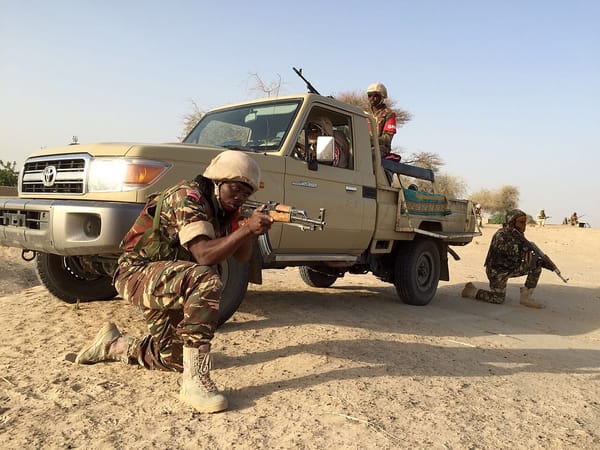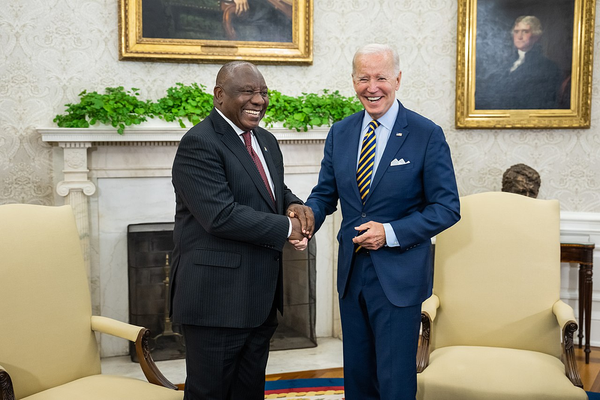South Africa Versus Israel At The ICJ
Charity, in this case, should begin on the continent. Africa and Africans could use South Africa's legal prowess to address our challenges on the world stage. There are several global challenges facing Africa that South Africa, one of Africa's most important countries, could help tackle.
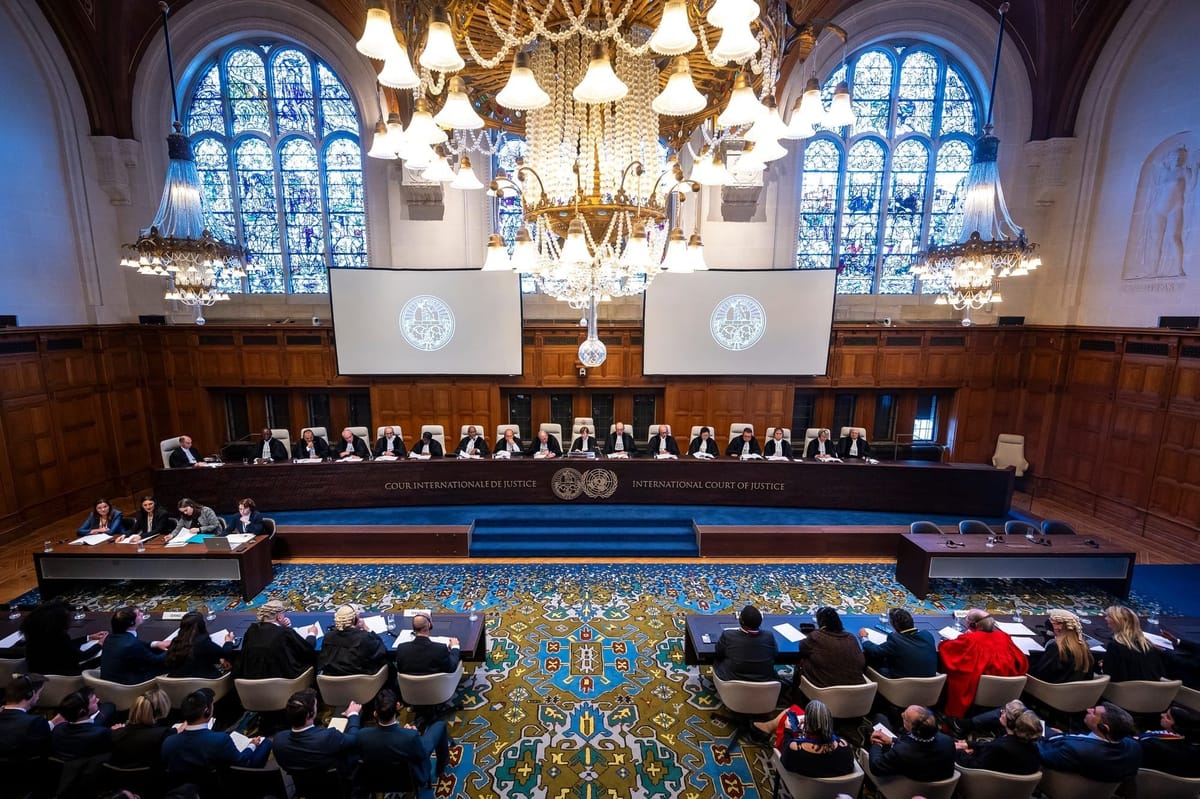
The Case Against Israel
On 29 December 2023, South Africa filed an application instituting proceedings against Israel before the International Court of Justice (ICJ). South Africa alleges that Israel’s conduct in Gaza violates its obligations under the Convention on the Prevention and Punishment of the Crime of Genocide by committing genocide against Palestinians in Gaza, failing to prevent genocide, and failing to prevent or punish incitement to genocide.
The ongoing war has seen approximately 23,000 civilian deaths in Gaza, as well as unprecedented destruction across the 41 kilometres (25 miles) long, and from 6 to 12 km (3.7 to 7.5 mi) wide area. While Israeli authorities have maintained that they've conducted the war on HAMAS, not on the Gaza civilians, by relevant United Nations conventions, there has been an outcry about the staggering number of deaths and widespread destruction.
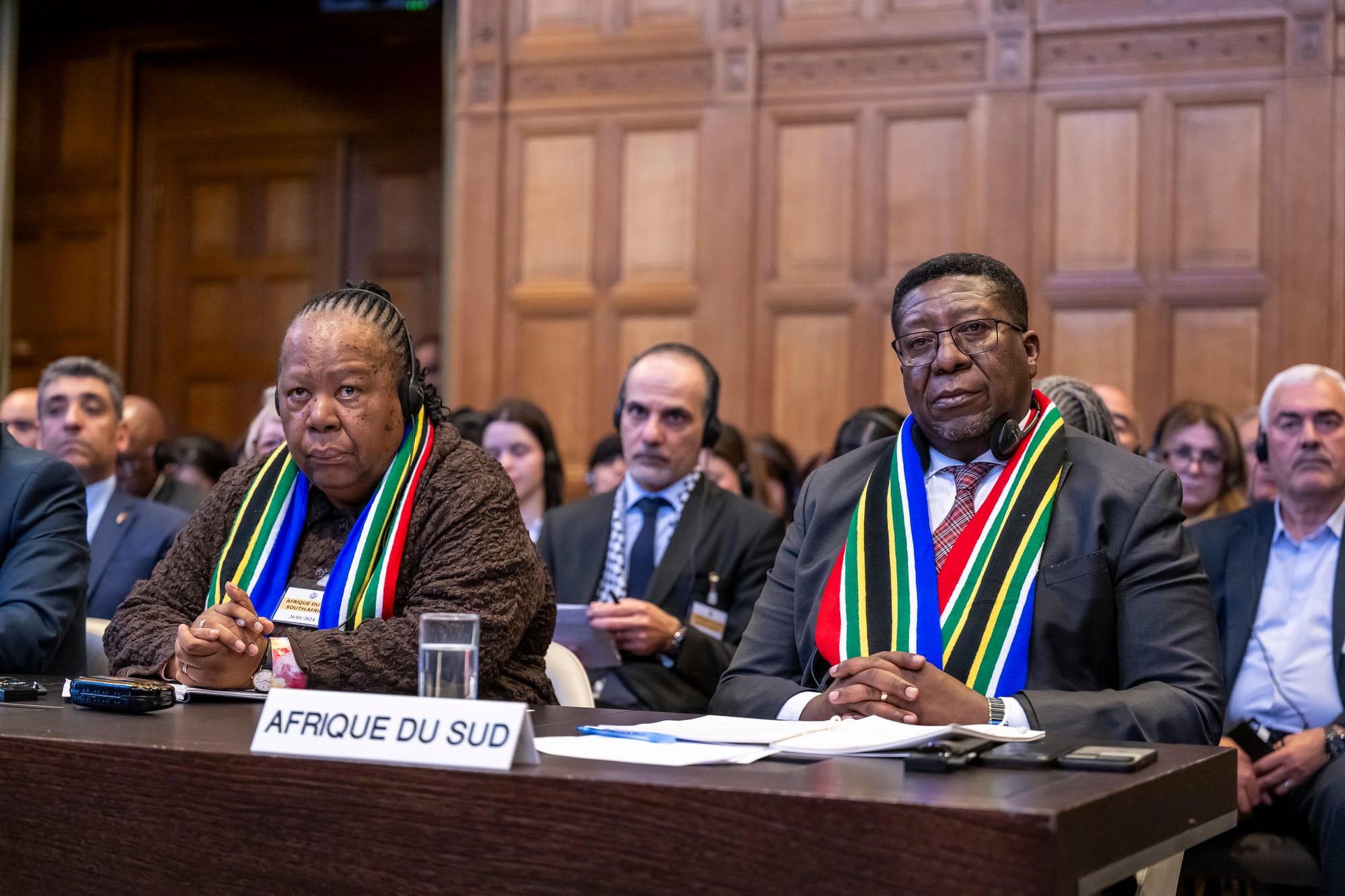
How It Started
The history of the Israeli/HAMAS conflict is storied, long and complicated. It can be traced back to antiquity, and the decision of The Roman Empire to sack medieval Israel, scatter its inhabitants, and disrupt its anthropological homogeneity by renaming part of the territory which subsequently witnessed an influx of diverse people. For the sake of this article, we'll focus on the immediate cause of South Africa's case at the ICJ.
This ICJ case was preceded by an October 7 attack on a Jewish holiday (Shemini Atzeret) by the fighters of the Sunni Muslim HAMAS political and military organisation which blindsided Israeli authorities and resulted in the deaths of approximately 1,200 civilians. HAMAS coordinated the attack across 30 breach points, entering Israeli territory by air using paragliders, and by land, bombing their way through a highly secure and militarized border wall, all while supported by a salvo of missiles shot from Gaza which nearly overwhelmed Israel's Iron Dome anti-missile system.
A Gruesome Assault
The HAMAS fighters went from house to house assaulting, killing, and abducting civilians. The village of Be'eri was hardest hit. Survivors told tales of a gruesome, nightmarish assault that defied every ounce of human morality. The attack shocked the world and left Israel bewildered. By the time Israel had recovered from the blow, she responded with extreme prejudice against HAMAS. However, the number of casualties has topped 26,400.
Given South Africa's historical ties with the Palestinian people against a backdrop of mutual recognition for a struggle against domination, the African country decided to take Israel to the ICJ because alleged genocide is being deliberately carried out against the people of Gaza—a claim Israel refutes with allegations that HAMAS has deliberately used the people of Gaza as human shields. The United States, a staunch ally of Israel, as well as The United Kingdom and other advanced countries, have all condemned the ICJ case as lacking in merit because HAMAS started the war by invading Israel.
Why Did HAMAS Attack Israel
Israel was on the brink of establishing diplomatic relations with Saudi Arabia, potentially leading other traditionally anti-Israel Arab/Muslim nations to follow suit. This shift could have seen broader recognition of Israel and diplomatic isolation for the Palestinians. The Palestinian cause has been a rallying point for anti-Semitism in the Middle East.
However, feeling increasingly isolated, HAMAS launched an attack on Israel, anticipating a military response, and a diplomatic nightmare for Israel. This assault has dashed hopes for Israeli normalization of diplomatic ties with Saudi Arabia and the wider Arab/Muslim world.
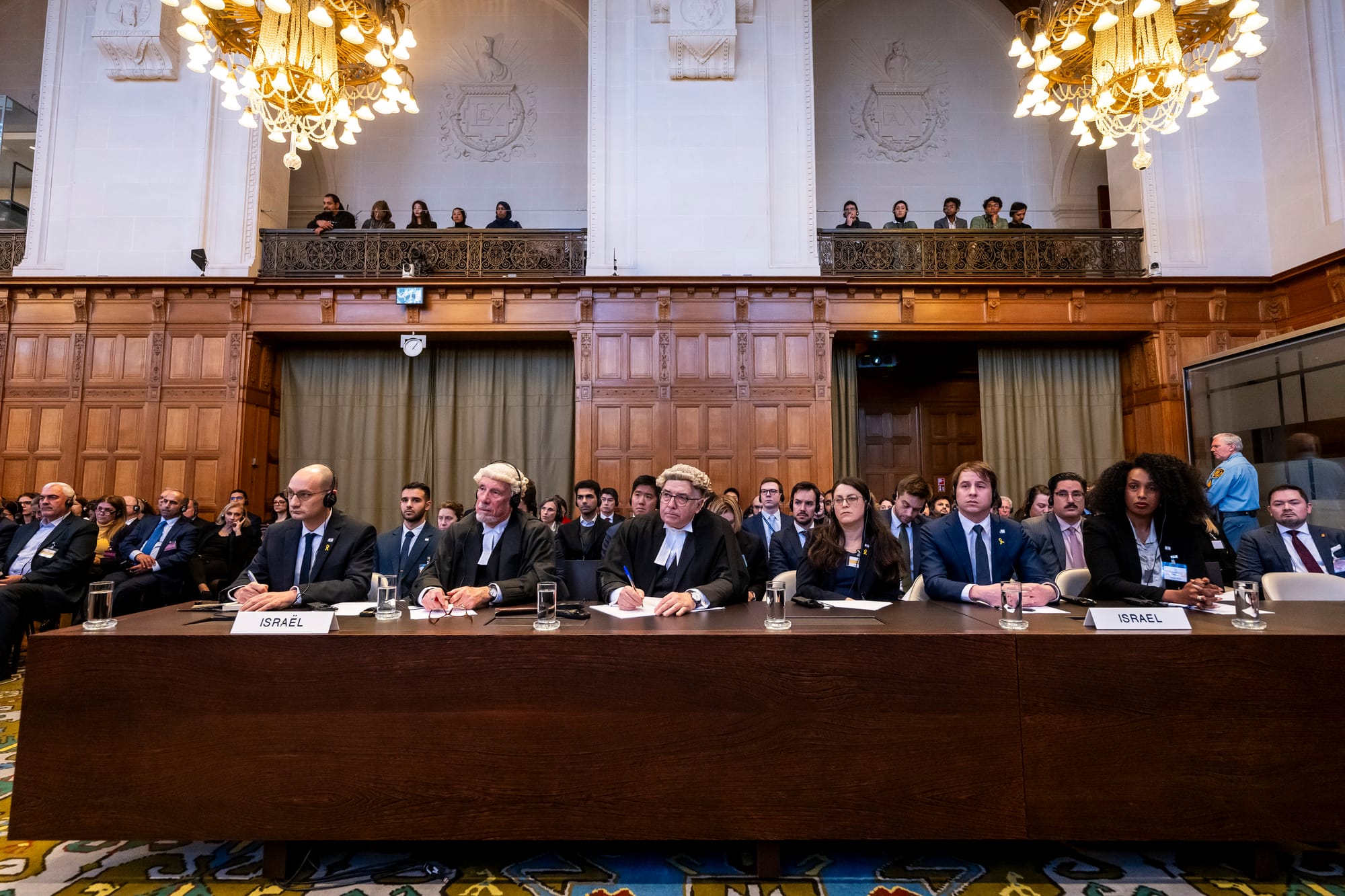
The International Court of Justice ruling
The outcome of South Africa's request for provisional measures against Israel over alleged Genocide Convention violations in Gaza. Key points include:
- The Court affirmed a dispute exists under Article IX. It substantiated its jurisdiction to hear the case and recognized South Africa's standing to bring it forward.
- Palestinians were recognized as a distinct group protected under the Convention in Article II.
- The Court acknowledged the seriousness of the situation in Gaza, including significant deaths, injuries, displacements, and destruction caused by the Israeli military operations.
- The ICJ acknowledged that certain acts by Israel could breach the Genocide Convention pending a decision and that disturbing statements by Israeli officials dehumanized Palestinians.
- While not definitively ruling on Convention violations, the Court found potential for future breaches and believed it warranted immediate action.
- Concerns about the vulnerability of Gaza's population were raised. The ICJ acknowledged urgency led to provisional measures, not a cease in military operations.
Provisional measures include Israel preventing violations, ensuring military compliance, addressing the humanitarian situation, preventing incitement, protecting evidence, and submitting a compliance report within a month. The dissenting judge was Israel's ad hoc judge and Justice Sebutinde from Uganda. In essence, the Court didn't declare genocide but ordered Israel to take specific steps to prevent Convention violations without halting military operations.
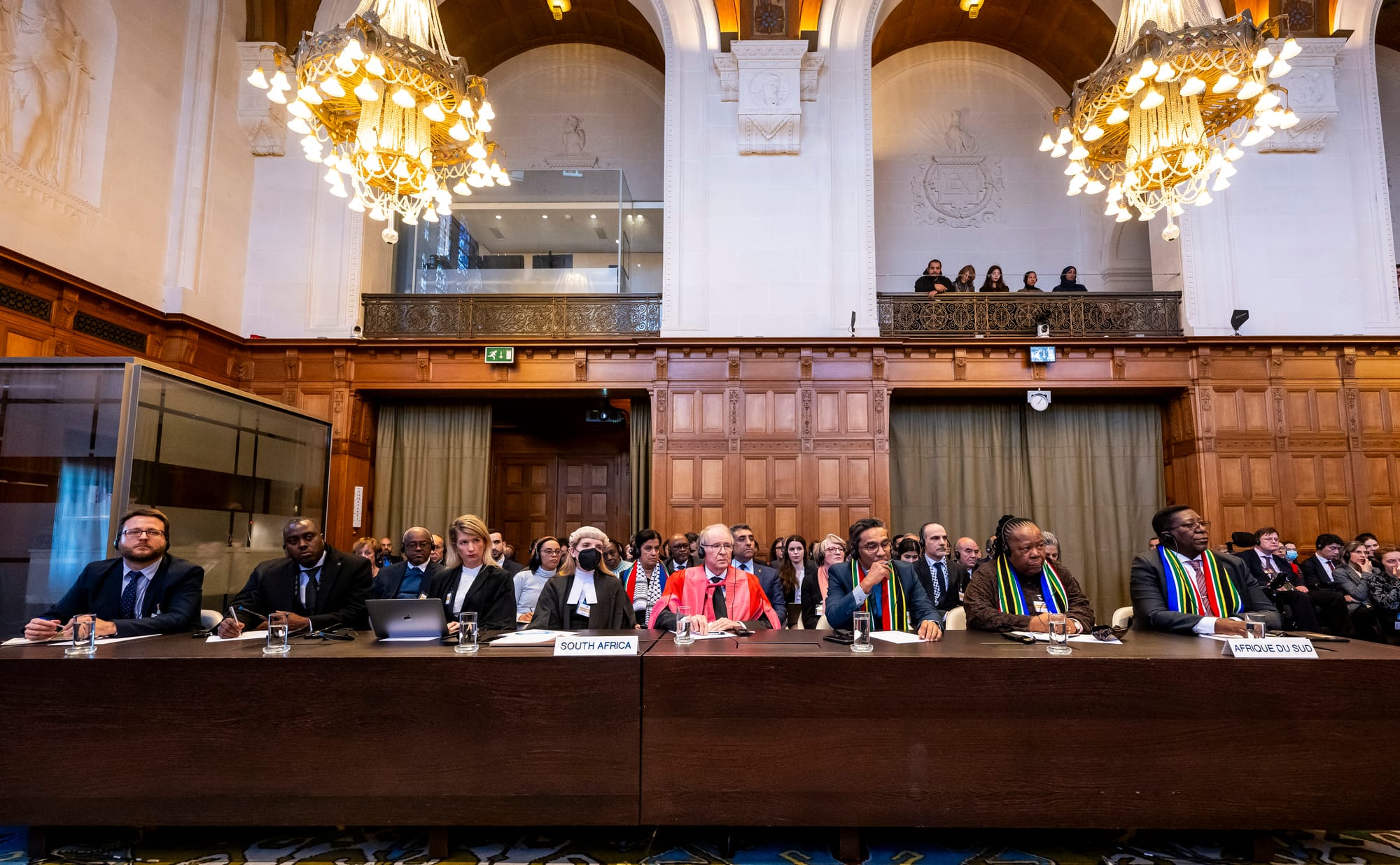
The Moral Merit Of The Case
I have another reason why I believe the case lacks moral merit. South Africa's case against Israel at the ICJ, in my opinion, is weakened by its apparent hypocrisy because of the current reality in Congo, Sudan, Ethiopia, and other troubled locations on the African continent.
The Gaza War is regrettable and should be brought to an end with guarantees for the survival of the Jews and the Gazans as well as ensuring regional stability. I must, however, ask: Isn't South Africa concerned about African lives, too? Will there be a South African-led ICJ case against the Sudanese Armed Forces and The Rapid Support Forces and all the foreign interests sustaining the Sudanese war?
Will there be a South African-led case against M23 rebels and other regional interests keeping the conflict in Congo going while her abundant mineral and human resources are plundered? Will South Africa help mediate the diplomatic spat between Ethiopia and Somalia over Somaliland Port access? Or provide big brother guidance to Niger, Mali, and Burkina Faso, (all of whom have withdrawn from the regional Nigeria-led ECOWAS) and lead them back to democracy?
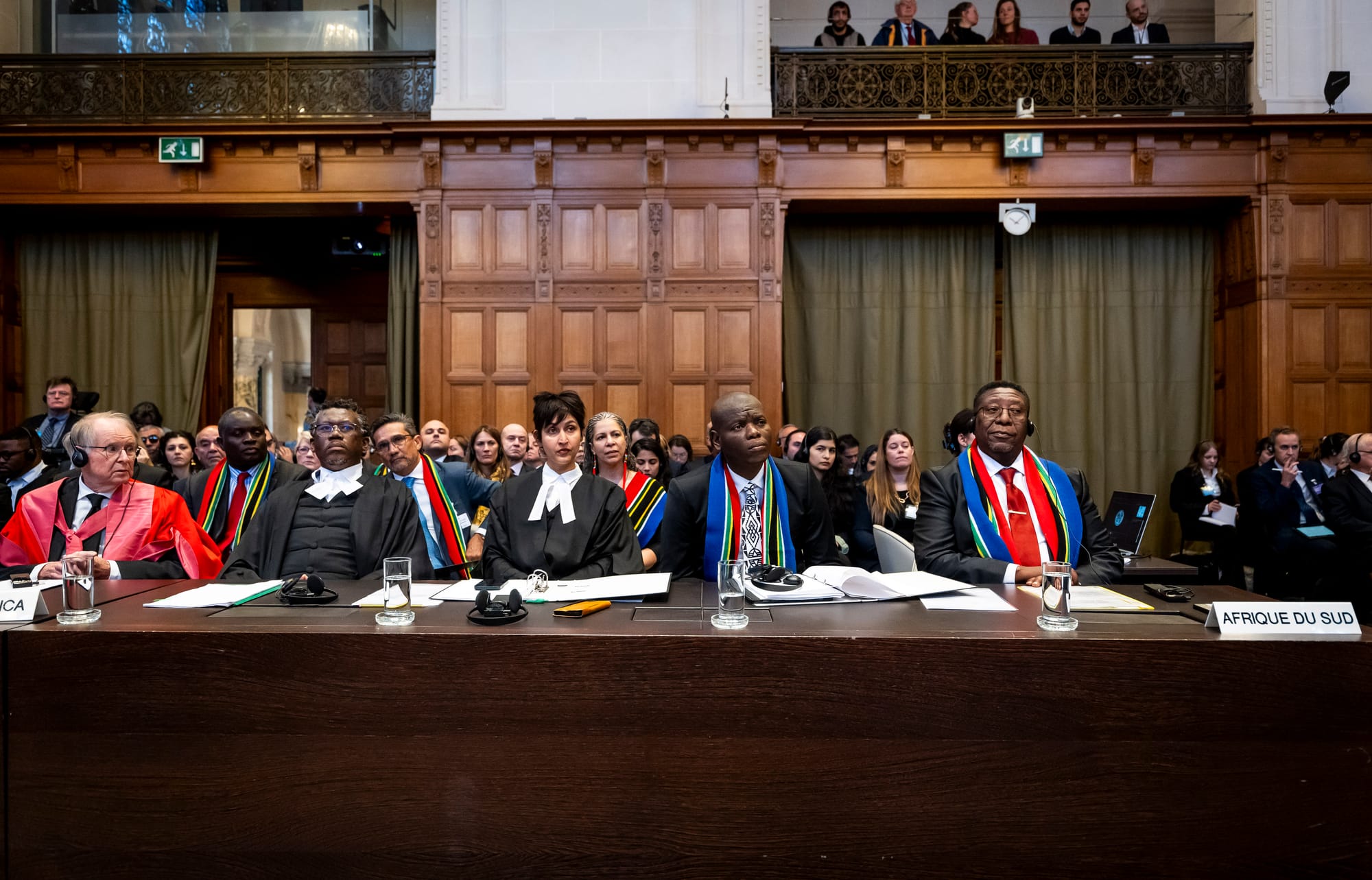
Israel Could Have Been In Africa
Following the displacement of the majority of the Jews from medieval Israel by the Roman Empire, Israelis were scattered across Europe where they subsequently faced rising anti-semitism in the years leading up to the outbreak of World War 2. This prompted the Zionist Leaders (The Zionist Movement was the most prominent organisation championing the Jewish interest) to start exploring reestablishing a home base for the Israelis.
In what was dubbed "The Uganda Scheme" Britain proposed the settlement of Jews who were fleeing from pogroms across Europe in a part of modern-day Uganda. The scheme was abandoned due to protests by already present white settlers and the former high commissioner of East Africa but paved the way for establishing The Jewish Territorial Organization.
Analysts have long pondered what East Africa would have been like if the Uganda Scheme had worked out. While we will never know the answer to that, we do know that Africa's moral fabric has been fundamentally shaped by both major Abrahamic Religions.
Conclusion
Charity, in this case, should begin on the continent. Africa and Africans could use South Africa's legal prowess to address our challenges on the world stage. There are several global challenges facing Africa that South Africa, one of Africa's most important countries, could help tackle.
The Yoruba people of Nigeria, West Africa, have a saying; "If one tree has fallen onto another, we need to clear it by first removing the one on top." with this ICJ case, South Africa has left Africa to its fate while championing the cause of a distant land.
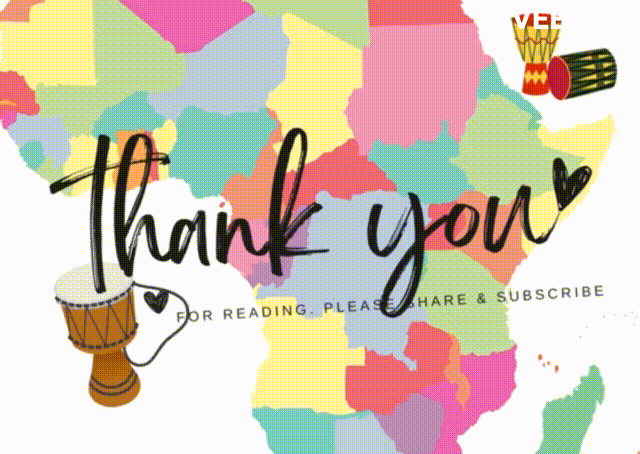
If you enjoyed this article, kindly subscribe to our weekly newsletter: "News From Around The Motherland," to stay updated on opinions, articles and in-depth explorations of diverse African subjects. Thanks for reading.
Update: The section "Israel Could Have Been In Africa" was added to this post on 31/01/2024


